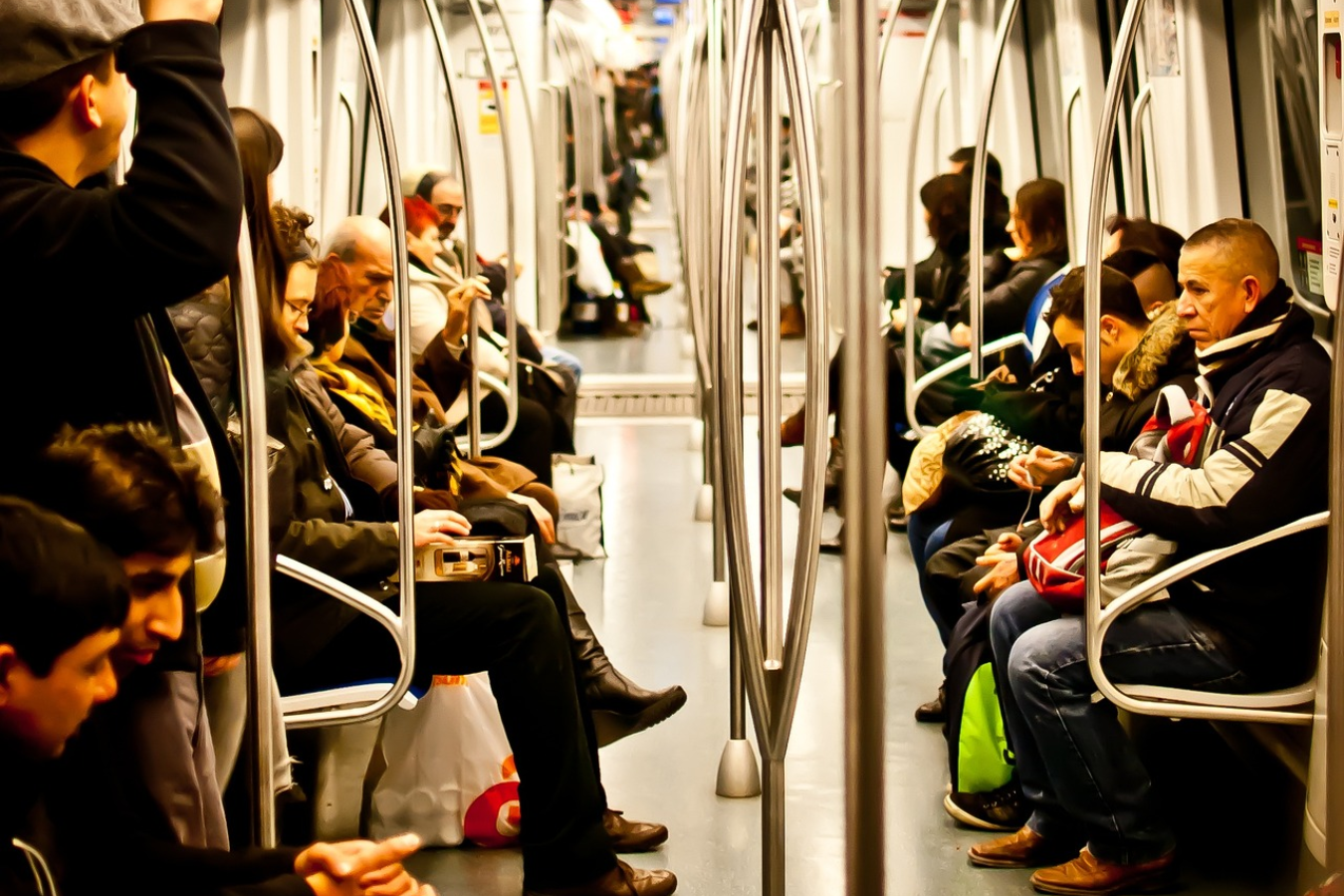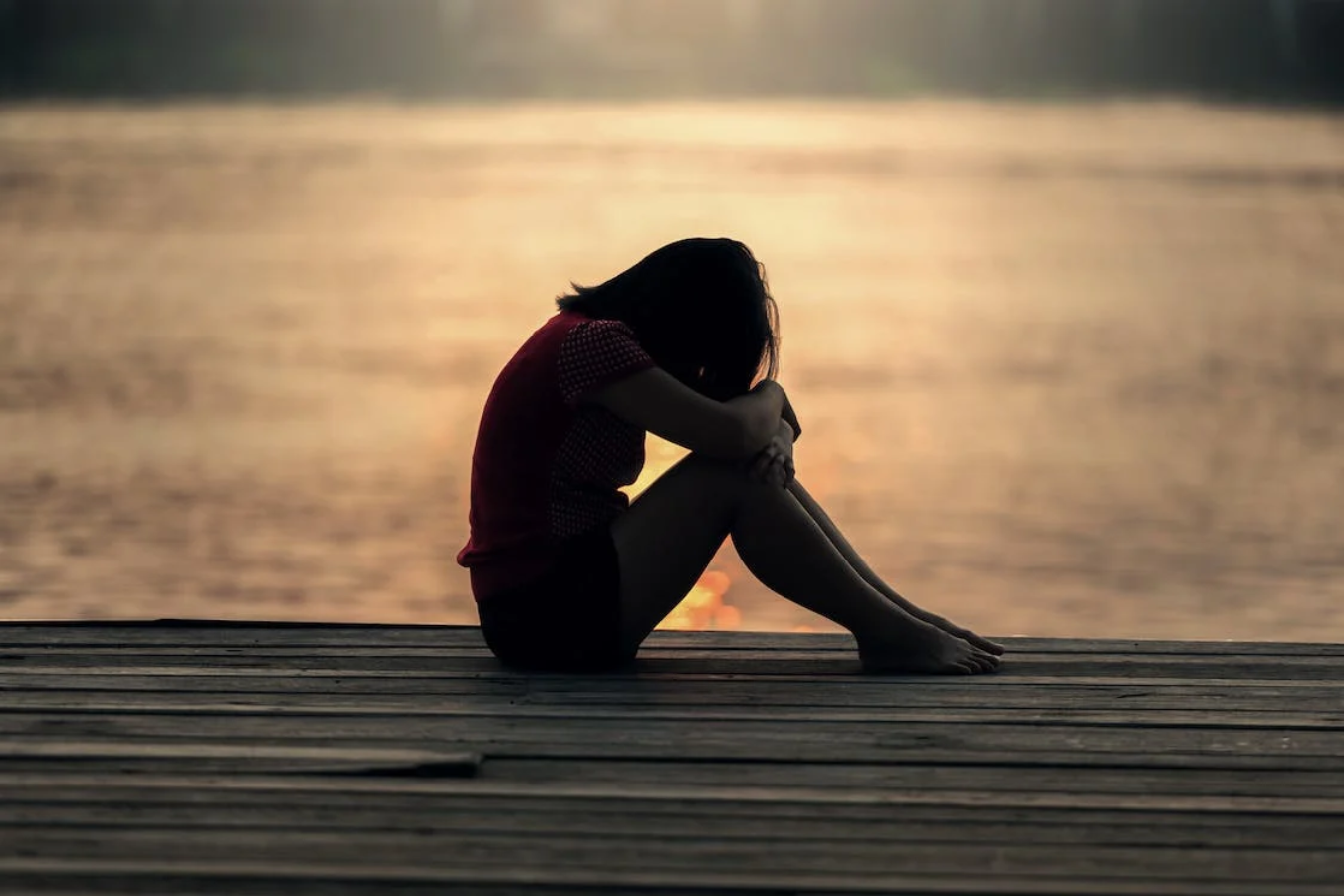You wake up in the morning and you feel sad. You don't feel like doing anything. You have lost your appetite and an emotional emptiness makes your body heavier than usual. You go out to work or study and surround yourself with people, but you can't shake that feeling of isolation.
Most of us have felt this way at some time or another. It is loneliness, the great epidemic of our time.

What is loneliness?
Loneliness is the subjective feeling that we lack companionship. It occurs when there is a mismatch between the quantity and quality of social relationships we have and those we desire.
It is not the same as social isolation. A person can go and live in the middle of nature, go for weeks without seeing a human being, and not feel lonely because they have sought that situation. On the other hand, we can be surrounded by people all day long and feel that something is missing. Having this feeling from time to time is normal, the problem comes when it lasts for a long time in an acute form.
Numerous scientific studies have shown the serious consequences of loneliness. Humans are a species that depends on a secure social environment for survival. If we feel that we do not have that environment, we enter a state of hypervigilance that alters our physiology and increases mortality. In fact, loneliness is as detrimental to health as obesity or smoking.
There are many causes that can lead to loneliness, such as the loss of a loved one, moving house, not being accepted in your environment, or discrimination. What is clear is that the model of society in which we live is of great importance, and our current model is not ideal. As Dr. Sara Berbel Sánchez explains:
"In the last 150 years, the primacy of the individual over the collective has meant less community interaction and more isolation. We no longer rely on the support of extended families but create small nuclear families. And at work, liberal office jobs have replaced the cooperative tasks typical of the countryside or industry."
In 2014, a survey was conducted in Europe to assess loneliness among the over-15s in different countries. Interestingly, in countries such as Denmark or Norway, where they have less social contact, the percentage of people who feel lonely is 3%, while in Spain, a country characterized by a very social culture, this figure is 8.7%, higher than the European average (7.1%).
Faced with these results, the city of Barcelona decided to fight loneliness.

Barcelona against loneliness
Barcelona has begun a municipal strategy against loneliness in 2020-2030 in line with the Sustainable Development Goals of the 2030 Agenda. The first step has been to find out the extent of the problem in the city, but how can loneliness be measured?
The information is obtained through surveys. There are two ways of asking the questions: directly or indirectly. The direct way incorporates the word loneliness, an example of a question would be: "How often do you feel lonely? Indirect questions are asked about aspects related to loneliness and allow us to capture people who feel lonely but have a stigma attached to it. These are questions such as "How often do you feel that you lack companionship?"
The results of the direct questions indicated that 3.5% of the Barcelona population often feels lonely, but this rises to 7.3% with the indirect questions. Interestingly, through direct answers, men express more feelings of loneliness than women, but this is reversed when measured indirectly.
In relation to age, we tend to think that older people suffer more from loneliness. However, the data show that it is young people who feel lonely most often. Economic and job security protect against feelings of loneliness. Therefore, unemployed young people who are also not studying are the most vulnerable group.
One of Barcelona's first measures was to create the Scientific Advisory Council against Loneliness (CACS), made up of scientists from different disciplines, to advise the city council and suggest actions and projects against loneliness. The following strategic lines have been proposed:
1. Raise awareness and generate knowledge about the impact of loneliness on the city and on the well-being of the people who live there.
2. To provide resources and services to prevent, detect, and attend to situations of loneliness.
3. To restructure the city and its areas into community spaces to deal with situations of loneliness.
4. Adapt the functioning of the municipal organization to the new challenges.
It is hoped that this plan will improve the situation in the capital. Loneliness is not an individual problem, but a social problem that concerns us all. It is a sick society that generates lonely people.
"The only vaccine against loneliness is the one that allows us to realize that only in common action can we be genuinely us. Moreover, loneliness does not only affect the soul; it also harms the body. We need to involve ourselves in body and soul". Francesc Núñez Mosteo.














